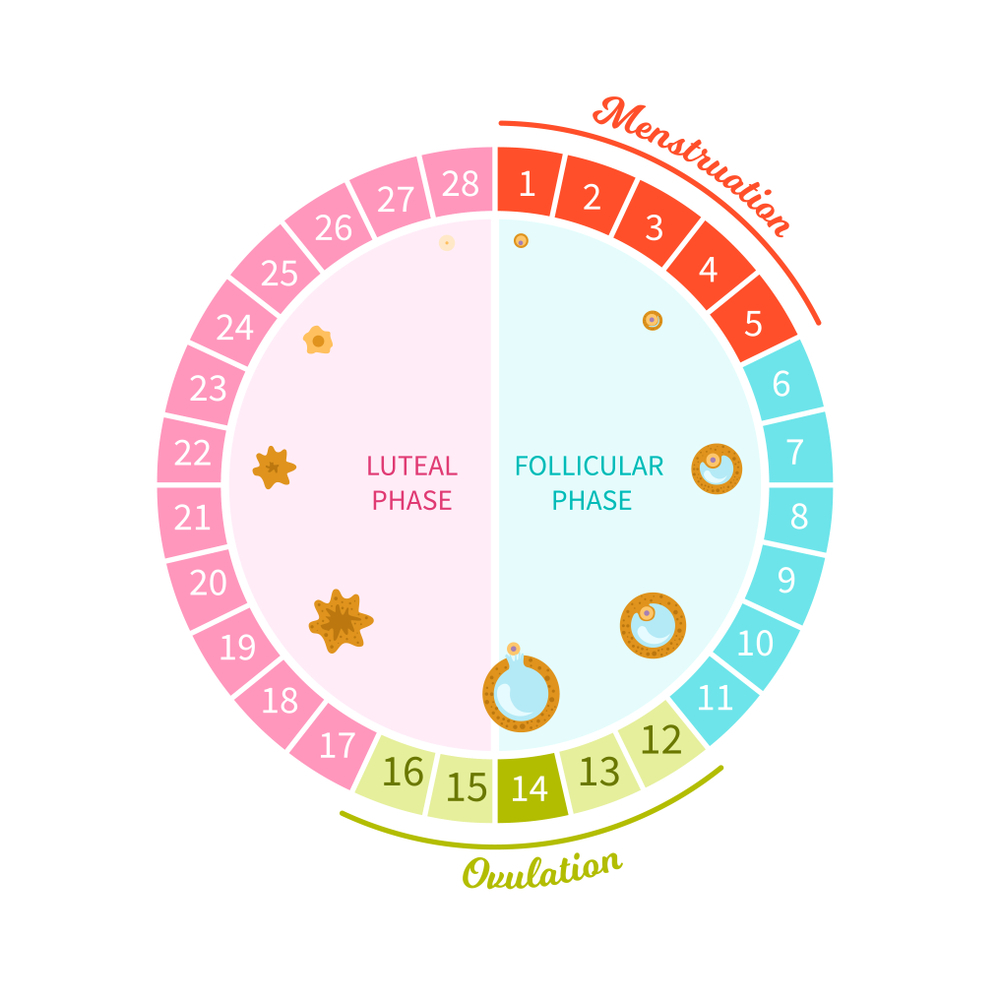For many women, a late period is a cause for concern, especially if they’re trying to conceive. But how late does a period have to be before you need to worry about pregnancy?
In this blog post, we’re going to explore the topic in-depth and provide you with the answers you need.
Importance of tracking your menstrual cycle
If you’re not tracking your menstrual cycle, you may not know when to expect your period. Without knowing when to expect your period, you could be worrying unnecessarily.
Keep track of your menstrual cycle including the days you’re fertile, and it will help you figure out roughly when your period is expected.
Menstrual cycle and how long it can be
If you have a regular menstrual cycle, your period should come at the same time every month.
However, there are times when your period may be a few days late, and in some cases, this is considered normal.
A menstrual cycle can last anywhere from 21 to 35 days, so if your period is late by a few days, it may be normal for you.

Factors that can affect your menstrual cycle
Your menstrual cycle can be affected by several factors, including stress, illness, medication, and even exercise.
These factors can make your period late, and it may not be considered a cause of concern.
However, if your period is late and you’re experiencing other symptoms such as abdominal pain, cramping, and nausea, it may be time to speak to a doctor.
Pregnancy tests and when to take them
A missed period is often the first sign of pregnancy, especially if you’re sexually active. If your period is late, it’s important to take a pregnancy test to eliminate pregnancy as a possible cause.
Pregnancy tests work by detecting the hormone hCG, which is produced by your body when you’re pregnant.
You can take a pregnancy test at home, but it’s best to wait until you’ve missed your period or have been late for a week.
You can also see your doctor and get a blood test done to confirm pregnancy.
When to see a doctor
If your period is late, and you’re not pregnant, but you’re experiencing other symptoms such as abdominal pain, cramping, and nausea, it’s time to see a doctor.
There could be underlying issues that need to be addressed. Such as PCOS or thyroid problems. It’s also recommended to see a doctor if your period is consistently late or absent for several months.
In conclusion, missing or having a late period can be a cause for concern, especially if you’re trying to conceive. However, it’s essential to know that a period can be late for various reasons, such as stress or exercise.
Always track your menstrual cycle and take a pregnancy test if your period is late, especially if you’re sexually active.
If you’re not pregnant and your period is consistently late or absent for several months, see your doctor to identify any underlying causes.
Remember, everyone’s menstrual cycle is different, but it’s essential to know when to seek medical advice.


